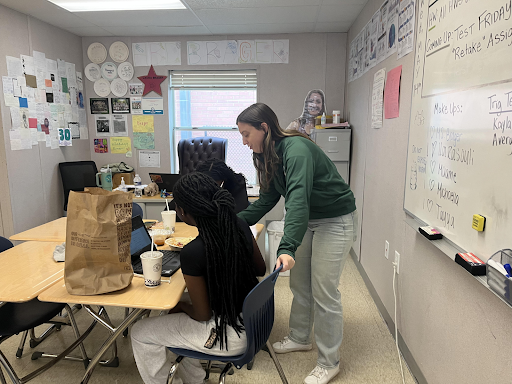Public Toilets: Why We Ought To Take Better Care Of Them
One day, I went to use the bathroom at school. When I went into my cubicle, I was in for a nasty surprise. The last person who had used it not only neglected to flush the toilet, but they had left toilet tissue all over the place, leaving behind an awful mess. I had to flush the toilet twice, but I could not clean the rolls of tissue.
Needless to say, I felt bad for the janitors. On top of cleaning what they usually do, they also had to get rid of somebody else’s human waste – somebody else’s urine, fecal matter and wasted toilet tissues. It is not an easy job to do, yet they are left to clean up after somebody else – who was likely capable of picking up after themselves!
We talk about how we should not leave our litter lying around, and rightly so. We should pay just as much attention to our toilets, as well. In certain countries, such as India, Ethiopia and Uganda, people do not have ready access to fully functional toilets. Generally, they have to use pit latrines, or – even worse – conduct their ablutions on the street, causing disruption to everyday life, as well as spread of diseases, such as typhoid, diarrhea, and polio.
The above methods were adopted worldwide, in the past. We would have to let go of our urine and fecal matter in water bodies, spreading disease and causing deaths, so that was phased out with the invention of these toilets – where we can safely dispose of our unwanted body luggage and send them down the sewage pipe. We no longer need to expose ourselves in public to conduct our ablutions at the expense of our dignity. Fully functional toilets are a privilege that we are lucky to have – so why do we abuse them and leave them in a state that makes it nearly impossible for others to use?
Additionally, let us also bring up the topic of toilet tissue. It is a limited resource. At the beginning of the pandemic, there was a shortage of toilet paper and as a result many people were panic-buying them. And yet, others were wasting it, leaving it all over the stall – when somebody else could very well have used it for themselves.
Writing as a student, I do not necessarily mean that we ourselves should spend time cleaning every part of the bathrooms and picking up every little thing somebody else leaves behind. All I suggest is that perhaps we ought to use these facilities with the next person in mind. Granted, there are exceptions to the rule – if the toilet does not work, or if somebody is physically incapable of cleaning up after themselves. But seeing as most people can flush their own toilets, I strongly recommend that when we leave the bathroom, we make sure that the next person’s experience is as clean as possible.
I am also aware that not everybody is guilty of this. To those who do flush their toilets, thank you – you make it a lot easier with that one simple act. But for those who don’t, please keep this in mind.
Kalana Amarasekara
10th Grade

















